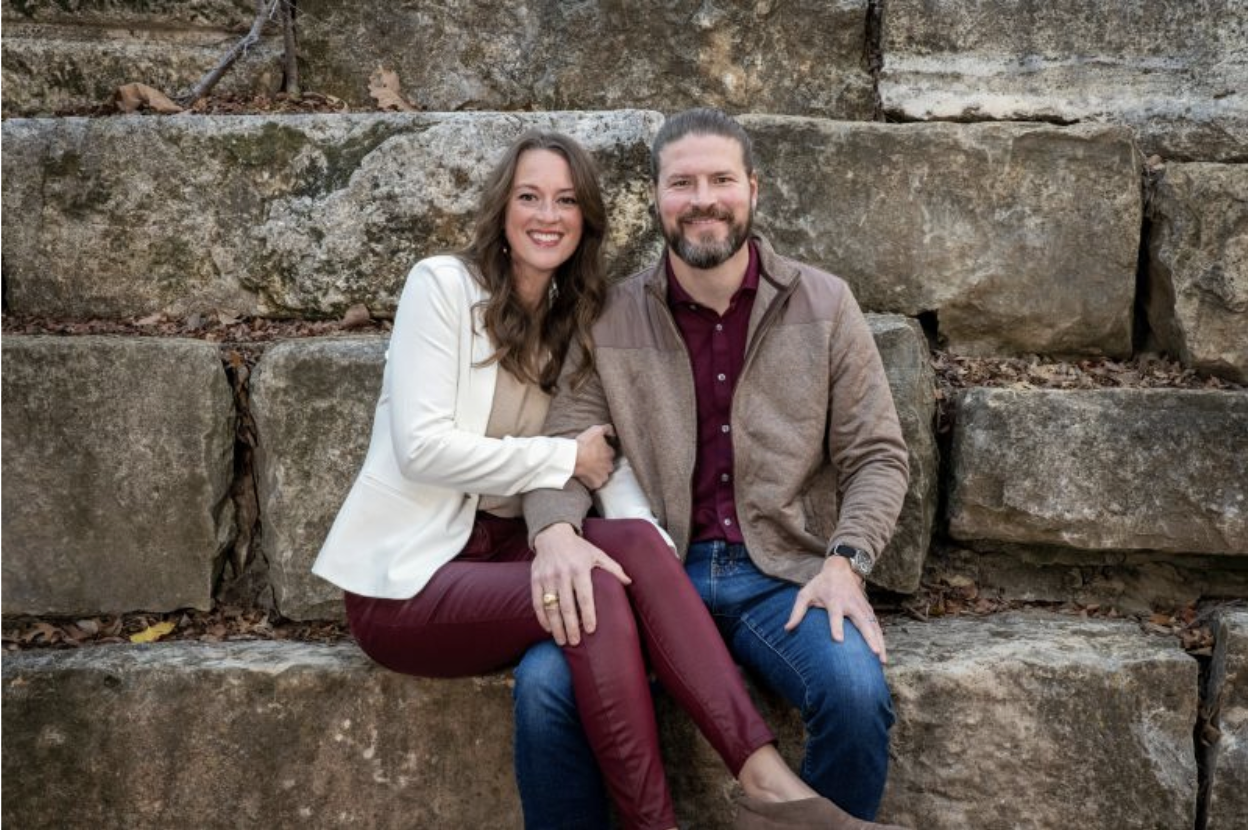When Rick and Crystal Rumer packed up their family for what was supposed to be a summer road trip from Houston to Alaska, they had no idea they’d never come back. “We just wanted a season to reconnect as a family,” Rick said on Biblical Money with Rabbi Rami Goldberg, produced by Israel365. “But once we got there, we felt something deeper—a call to stay.”
That call led them far from comfort—and straight into one of the darkest corners of society. Within a year of settling in the tiny town of Cooper Landing, Alaska, the Rumers walked away from three successful businesses after moral and financial conflicts with a partner. “It came down to integrity,” Crystal said. “God made it clear we had to leave.” Suddenly jobless and isolated, they found their purpose in rescuing others.
The Rumers founded a faith-based refuge for women and children rescued from sex trafficking, partnering with law enforcement and the FBI to aid victims and confront demand. “The darkness was heavy,” Crystal recalled, “but there was such beauty when a woman found peace, rest, and healing.”
They built safe homes, taught life skills, and restored families—anchored by their newfound practice of Shabbat. “We realized you can’t give endlessly,” she said. “You have to rest, refocus, and fill back up. Shabbat became our grounding.”
Their faith also guided them through Alaska’s endless summer daylight. One Friday evening, while buying ice cream in a small-town store, they spotted an Orthodox Jewish man in a kippah. Unsure what to say, they hesitated—until Crystal stepped in with a cheerful “Shabbat Shalom!” That greeting led to shared meals, Torah readings, and laughter about how to keep Shabbat “when the sun never sets.”
Years later, family illness and loss pulled them back to Texas, where they reentered the business world with a new sense of purpose. They revived their real estate enterprise, this time focused on helping working families own property through ethical owner-financing. The Rumers buy land, subdivide it, and finance plots for buyers who can’t get traditional bank loans. They then sell the mortgage notes to investors, allowing others to participate in real estate while helping families build stability.
“It’s about dignity and opportunity,” Rick said. “These are good people who just need a chance. We can run a strong business and still show grace.” When one client was hospitalized after an accident and couldn’t work, they deferred his payments without penalty. “Life happens,” Crystal said. “Faith doesn’t mean ignoring business—but it should shape how we do it.”
For the Rumers, that balance between conviction and commerce defines everything. Whether it was walking away from corrupt partnerships, rescuing the vulnerable, or refusing to send one more Friday email, their principle remains simple: honor God first, and He’ll take care of the rest.
Rick and Crystal now live near Fort Worth, where they keep Shabbat with a close-knit fellowship that includes a Holocaust survivor and visiting rabbis. “We didn’t grow up with this,” Rick said. “We just read Scripture and tried to live it. God’s honored that.”
Their Alaska chapter may be behind them, but its lessons remain. “We learned to follow when it doesn’t make sense,” Crystal said. “Every time we’ve stepped out in faith—whether into the wilderness or back into business—He’s met us there.”
Watch the full interview with Rick and Crystal Rumer on Biblical Money, part of Israel365’s mission to connect faith, finance, and the people of Israel.




